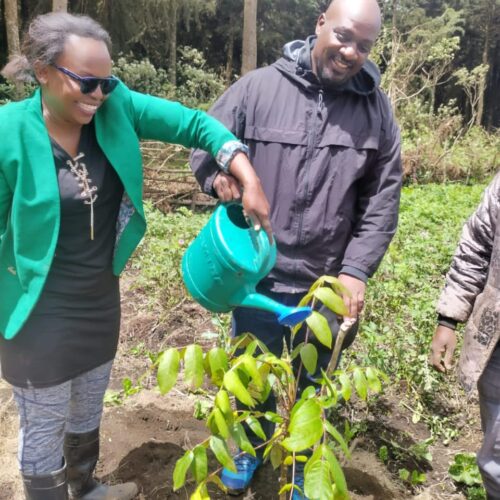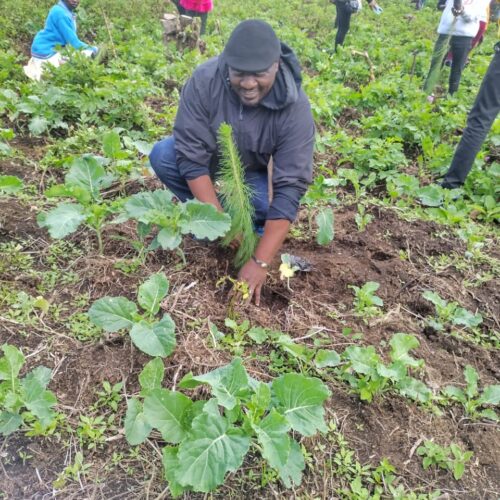Climate Smart Agriculture / Regenerative Agriculture
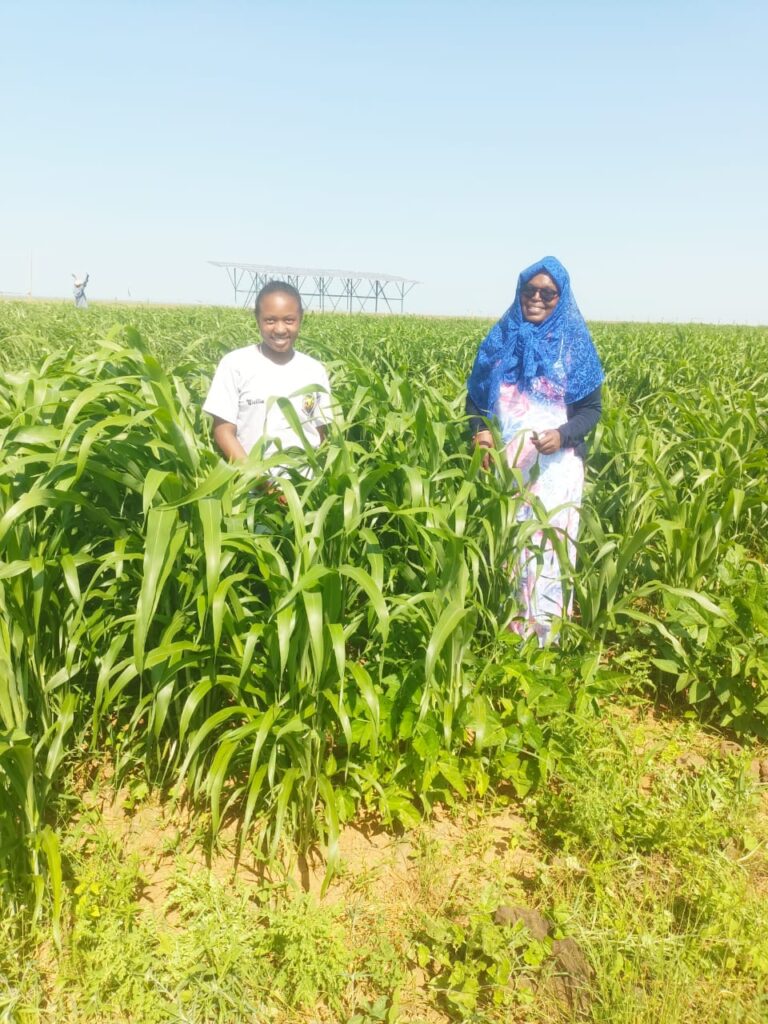
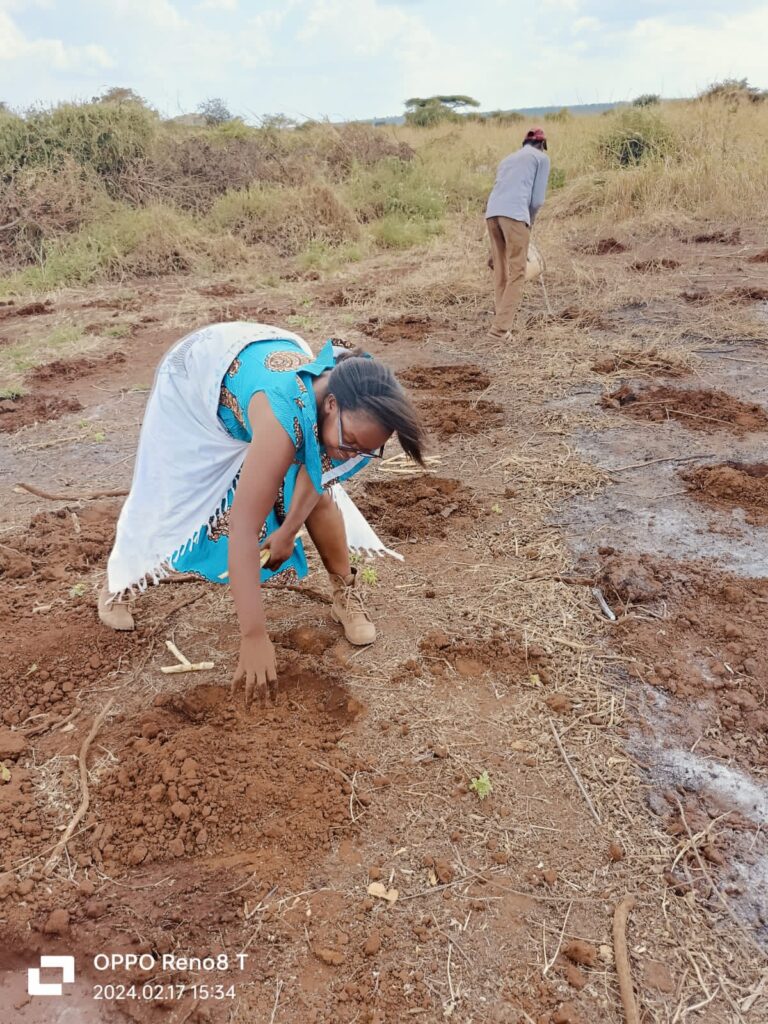
Understanding Climate-Smart Agriculture
Climate-smart agriculture (CSA) represents a holistic approach to farming that seeks to address the challenges posed by climate change while promoting sustainable agricultural practices. It integrates three main objectives: increasing agricultural productivity and incomes, enhancing resilience to climate change, and reducing greenhouse gas emissions(GHG). CSA encompasses a range of techniques and strategies, including the adoption of drought-resistant crops, improved water management practices, conservation agriculture, agroforestry, and the use of renewable energy sources.
By harnessing the principles of CSA, farmers can adapt to changing climatic conditions, mitigate the impact of extreme weather events, and contribute to the global effort to combat climate change. Through innovative practices and technologies, CSA empowers farmers to optimize resource utilization, conserve biodiversity, and ensure food security for present and future generations.
Revolutionizing Agriculture in Marsabit: HEDI’s Vision for Sustainable Development
In the heart of Marsabit County, where the scorching sun and relentless winds symbolize hardship and despair, a remarkable transformation is underway. On the vast community land in Marsabit, hope is taking root, nurtured by the resilient spirit of the local community and the visionary efforts of HEDI Trust.
Against the backdrop of recurring droughts and famine that claimed lives and livelihoods in 2019 to early 2023, the decision to embark on agriculture seemed audacious, if not outright impractical. However, with determination and innovation, HEDI Trust seized an opportunity during the rains that graced the region between September and December 2023. Thirty acres of once-barren land boasted a flourishing array of drought-resistant crops and fruit trees, including millet, sorghum, castor, cowpeas, moringa, neem, dragon fruit, oranges, and lemons.
The initiative at Tiigo Primary School represents more than just agricultural diversification; it embodies a bold vision for sustainable development in a region where over 84% of the land is classified as arid. In a Kenya where only 16% of land is deemed arable, Marsabit County holds vast potential for transformative change, provided with the right approach and resources.
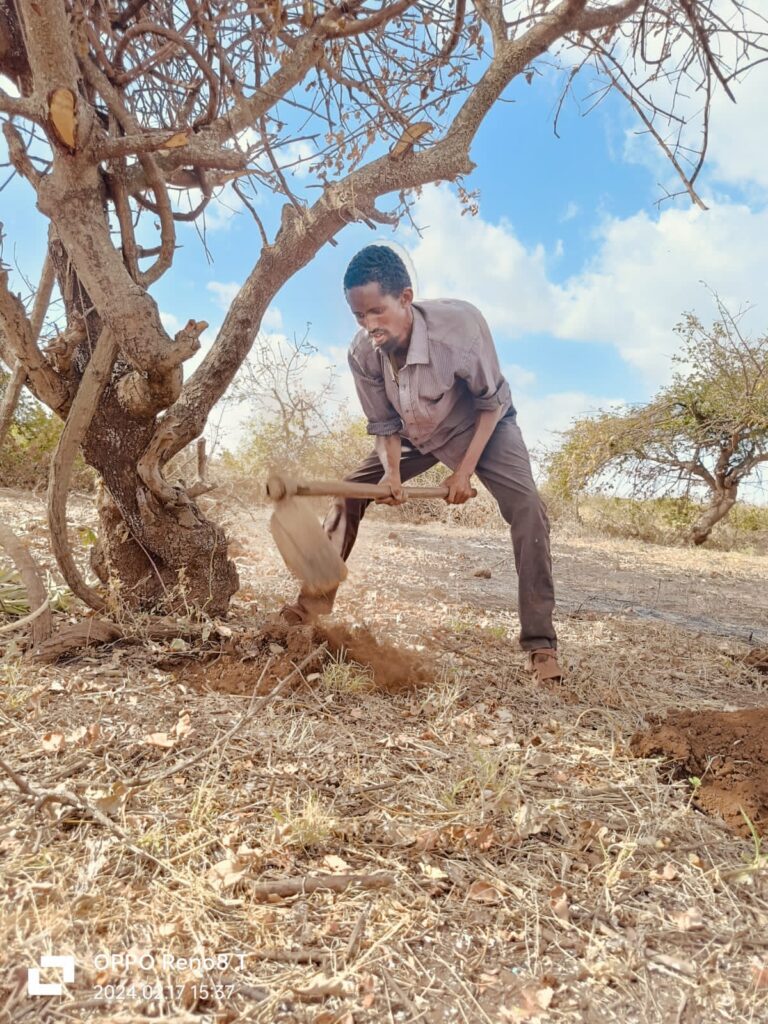
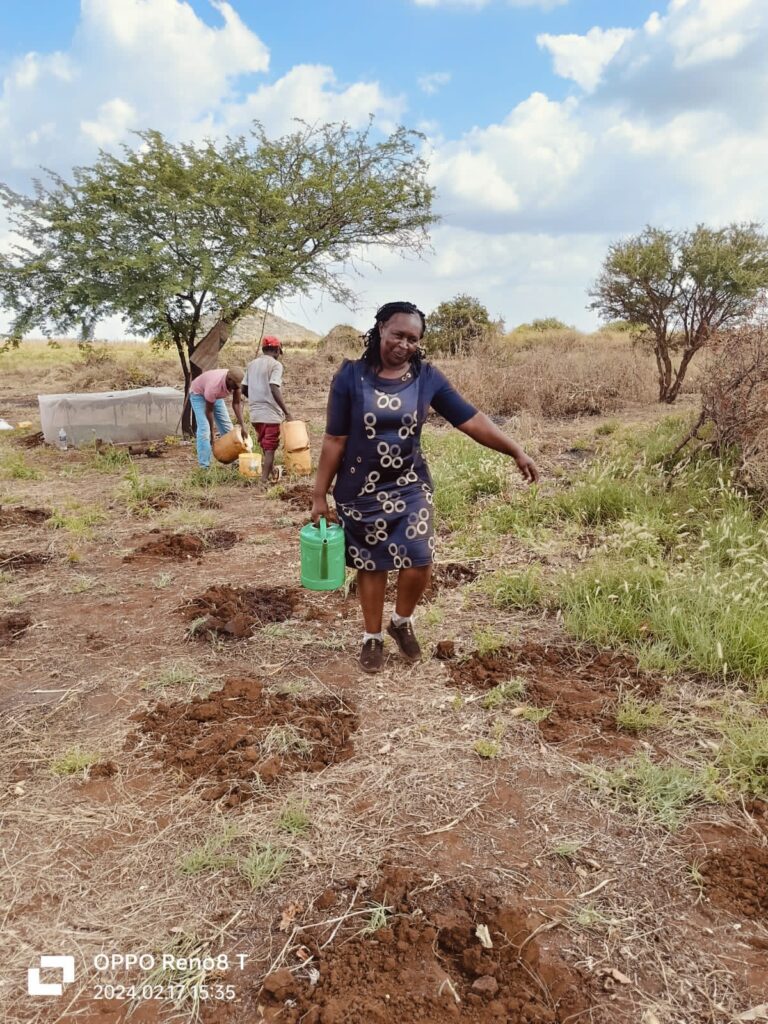
HEDI Trust’s engagement with the local community and key stakeholders, including area chiefs, community leaders, elected representatives, and government officials, has yielded unprecedented support and collaboration. Together, they have endorsed HEDI’s ambitious plan to restore one million hectares of community land.
The significance of this endeavor extends far beyond agricultural productivity. By empowering local farmers to cultivate their own crops and add value to their produce, HEDI Trust is paving the way for self-sufficiency and economic empowerment. Through initiatives such as the harvesting and packaging of castor oil, milling, fortification, and packaging of millet and sorghum, the community will not only meet its own food needs but also generate surplus for sale in neighboring regions.
Moreover, HEDI Trust’s commitment to smart agriculture and technology, including drip irrigation and renewable energy sources such as solar and wind power, underscores its dedication to sustainability and resilience. By harnessing the power of innovation, HEDI aims to optimize resource utilization, mitigate environmental impact, and ensure long-term viability for farming in Marsabit.
As the fruits of labor begin to flourish on once-barren lands, the ripple effects of HEDI’s initiative are poised to reach far and wide. Beyond the realms of agriculture, the journey towards food security and economic prosperity aligns closely with the Sustainable Development Goals (SDGs) of zero hunger (SDG 2) and poverty alleviation (SDG 1), as well as Kenya’s Strategic Paper (CSP) pillars of industrialization and capacity development.
In the pursuit of these goals, HEDI Trust remains steadfast in its commitment to promoting peace, justice, and strong institutions (SDG 16) within the region. By fostering resilience, self-reliance, and community empowerment, HEDI Trust envisions a future where the people of Marsabit stand tall, not as victims of circumstance, but as architects of their own destiny.
In the arid lands of Marsabit, where adversity once reigned supreme, a new chapter of hope and prosperity is unfolding, guided by the principles of innovation, collaboration, and sustainable development. With HEDI Trust leading the way, the journey towards a brighter tomorrow has already begun.
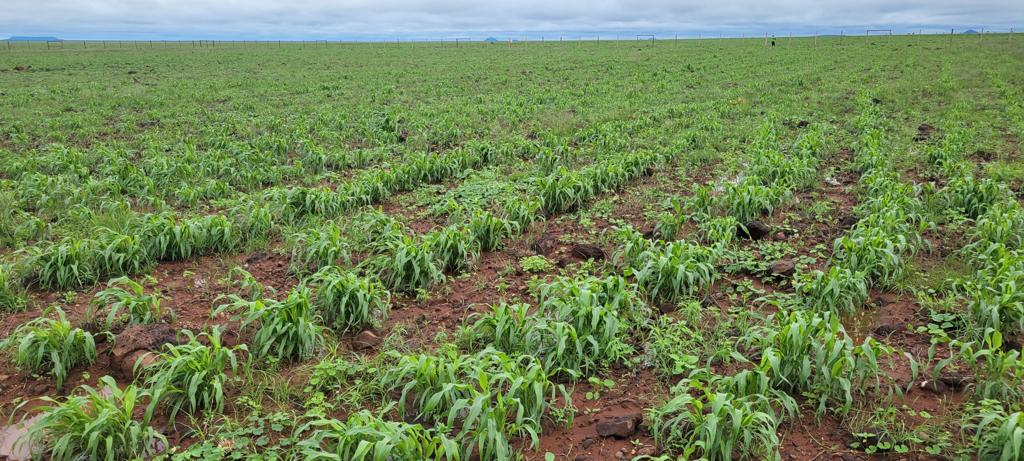
Agroforestry
Nationwide agroforestry and afforestation initiatives championed by HEDI Trust stand as pivotal strategies in aligning with global frameworks such as the Nationally Determined Contributions (NDCs), the Sustainable Development Goals (SDGs), and the African Climate Summit 2023 objectives. These endeavors epitomize a concerted effort to combat climate change, promote sustainable land management, and foster socio-economic development across Kenya and beyond.
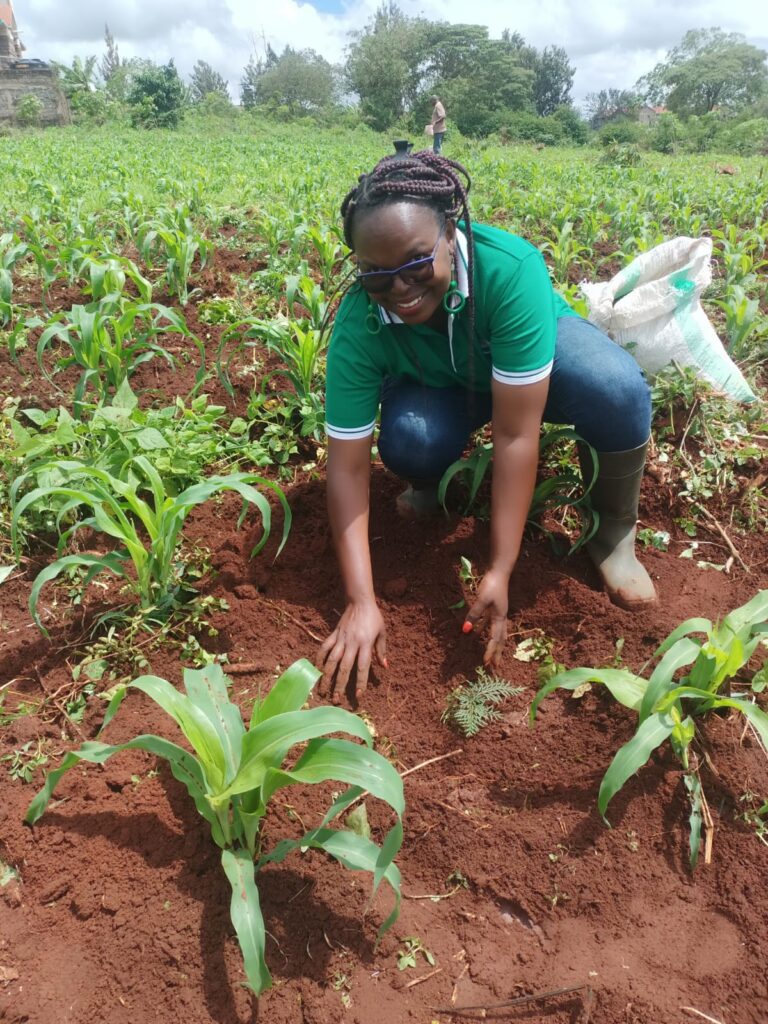
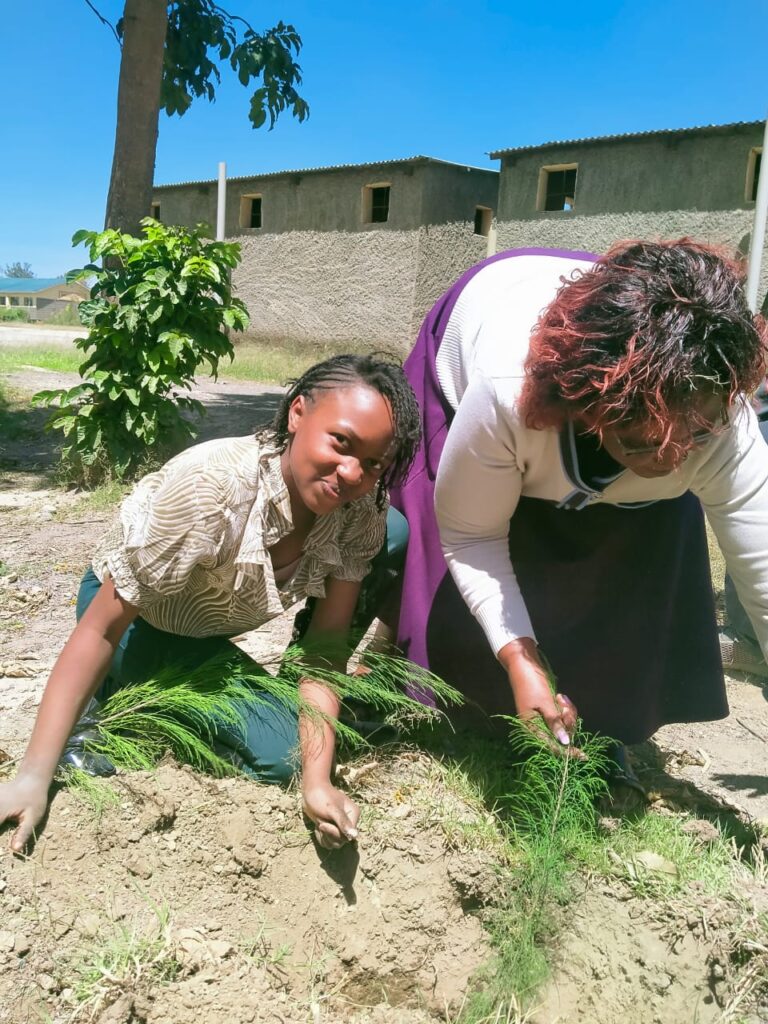
Agroforestry, the integration of trees and shrubs into agricultural landscapes, offers multifaceted benefits that resonate with the aspirations of the NDCs and SDGs. By harnessing the power of agroforestry, HEDI Trust aims to enhance agricultural productivity, mitigate climate change impacts, and alleviate poverty in rural communities. Through strategic tree planting, diversified cropping systems, and sustainable land-use practices, HEDI endeavors to empower farmers, conserve biodiversity, and safeguard ecosystem services.
Furthermore, afforestation initiatives spearheaded by HEDI Trust align closely with the SDGs and the African Climate Summit 2023’s call for bold action to address deforestation and land degradation. By reforesting degraded lands, restoring degraded ecosystems, and promoting sustainable forestry practices, HEDI seeks to enhance carbon sequestration, mitigate deforestation, and enhance ecosystem resilience. These efforts not only contribute to climate change mitigation but also support sustainable livelihoods, biodiversity conservation, and ecosystem restoration.
In synergy with the NDCs and SDGs, HEDI’s nationwide agroforestry and afforestation programs prioritize community engagement, capacity building, and knowledge sharing to ensure inclusive and participatory approaches to sustainable land management. By fostering partnerships with local communities, government agencies, civil society organizations, and the private sector, HEDI endeavors to catalyze transformative change, empower vulnerable populations, and build resilient societies.
As a participant in the African Climate Summit 2023, HEDI Trust reaffirms her commitment to advancing climate-smart agriculture, sustainable forestry, and ecosystem restoration as integral components of Africa’s climate resilience agenda. By harnessing the transformative potential of agroforestry and afforestation, HEDI aims to contribute to the realization of the continent’s sustainable development aspirations while safeguarding her natural heritage for future generations.
HEDI’s nationwide agroforestry and afforestation initiatives exemplify a holistic approach to sustainable development that integrates environmental stewardship, socio-economic empowerment, and climate resilience. By aligning with the NDCs, SDGs, and the African Climate Summit 2023 objectives, HEDI seeks to forge a path towards a more sustainable, equitable, and resilient future for Kenya.
